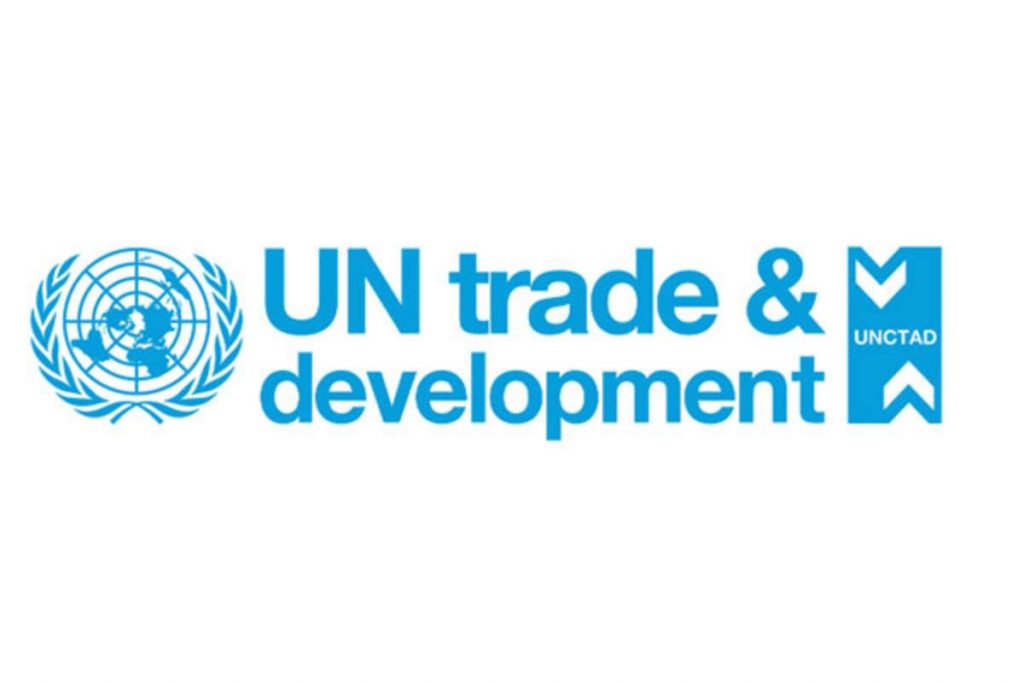The inaugural United Nations Global Supply Chain Forum, organized by the UN Trade and Development (UNCTAD) and the Government of Barbados, concluded successfully on Friday, after four days of intense discussions aimed at addressing the escalating disruptions in global supply chains.
According to a press release, over 1,000 participants from around the world convened to tackle the pressing issues of climate change, geopolitical tensions, climate change, and their impact on global trade.
UN Deputy-Secretary General Amina Mohammed, Barbados’ Prime Minister Mia Amor Mottley, and UN Trade and Development Secretary-General Rebeca Grynspan led the opening of the forum against a backdrop of increasing global trade instability.
Secretary-General Grynspan emphasized the necessity for more inclusive, sustainable, and resilient production and distribution networks to combat the growing unreliability of current global supply chains.
The forum gathered key figures, including Trade and Transport Ministers from several small island developing states (SIDS) such as Barbados, Curacao, Fiji, Guyana, Marshall Islands, Seychelles, and Tuvalu.
Representatives from various UN agencies, major ports like the Port of Seattle, and industry leaders in shipping and logistics were also present.
The compounded effects of climate change, geopolitical tensions, and the COVID-19 pandemic have exacerbated vulnerabilities in global supply chains.
These disruptions have led to longer shipping times and higher greenhouse gas emissions.
At the Bridgetown port visit, Secretary-General Grynspan highlighted the critical role of ports in maintaining global value chains through the adoption of advanced technologies and sustainable practices, positioning Barbados as a model for other SIDS.
The forum underscored the complexities and opportunities in decarbonizing global shipping, with a particular focus on developing countries rich in renewable energy resources.
Ports are central to this transformation, serving as hubs for innovation and sustainability. Key initiatives discussed included incentivizing low- or zero-carbon fuels, establishing safety frameworks for new fuels, and developing port readiness assessment tools to ensure safe handling and bunkering operations.
One of the major outcomes of the forum was the launch of the “Manifesto for Intermodal, Low-Carbon, Efficient and Resilient Freight Transport and Logistics.”
This manifesto calls for a significant transformation in freight transport to achieve global climate targets and improve socio-economic resilience, emphasizing the transition to zero-emission fuels, optimized logistics, and sustainable value chains.
SIDS are particularly vulnerable to the impacts of climate change on their transport infrastructure, making resilience in the transport and logistics sector a top priority.
Ministers from these nations advocated for international financial support and investment in green and sustainable technologies to enhance energy efficiency and combat marine pollution.
They stressed the importance of improving connectivity and efficiency within and between their nations and with global markets through strategic investments in maritime and air transport infrastructure.
Digital technologies were highlighted as key to enhancing global supply chain resilience. Innovations such as blockchain-enabled traceability mechanisms and advanced customs automation systems are essential for optimizing trade facilitation, increasing transparency, and reducing operational risks.
UN Trade and Development introduced guidelines for developing an electronic single window for trade, with industry leaders urging ports to become intermodal hubs that integrate energy and digital capabilities.
A significant achievement of the forum was the launch of the UN Trade and Development Trade-and-Transport Dataset, developed in collaboration with the World Bank.
This comprehensive repository provides global data on over 100 commodities and various transport modes, offering a holistic view of trade and transport costs.
This freely accessible dataset is expected to enhance understanding and optimization of global trade flows and support evidence-based policymaking.
Preceding the forum, the first Supply Chain Innovation Challenge aimed to inspire innovative solutions for greener and more resilient global supply chains.
Almost 80 entries were received, with winning proposals presented at the forum. Secretary-General Grynspan, speaking at the University of the West Indies, encouraged students to pursue their dreams and contribute to a sustainable future, highlighting progress in renewable energy, agriculture, and medical technology.
During the forum, UN Trade and Development signed a Memorandum of Understanding with the China Council for the Promotion of International Trade (CCPIT) to expand collaboration on trade and investment promotion, trade facilitation, and other joint activities.
The forum’s outcomes are set to strengthen global supply chains and enhance the resilience of SIDS, with the Kingdom of Saudi Arabia announced as the host for the second forum in 2026.
Omar Bin Talal Hariri, President of Saudi Ports Authority, expressed the Kingdom’s commitment to enhancing global supply chains and positioning Saudi Arabia as a leading logistics hub.
